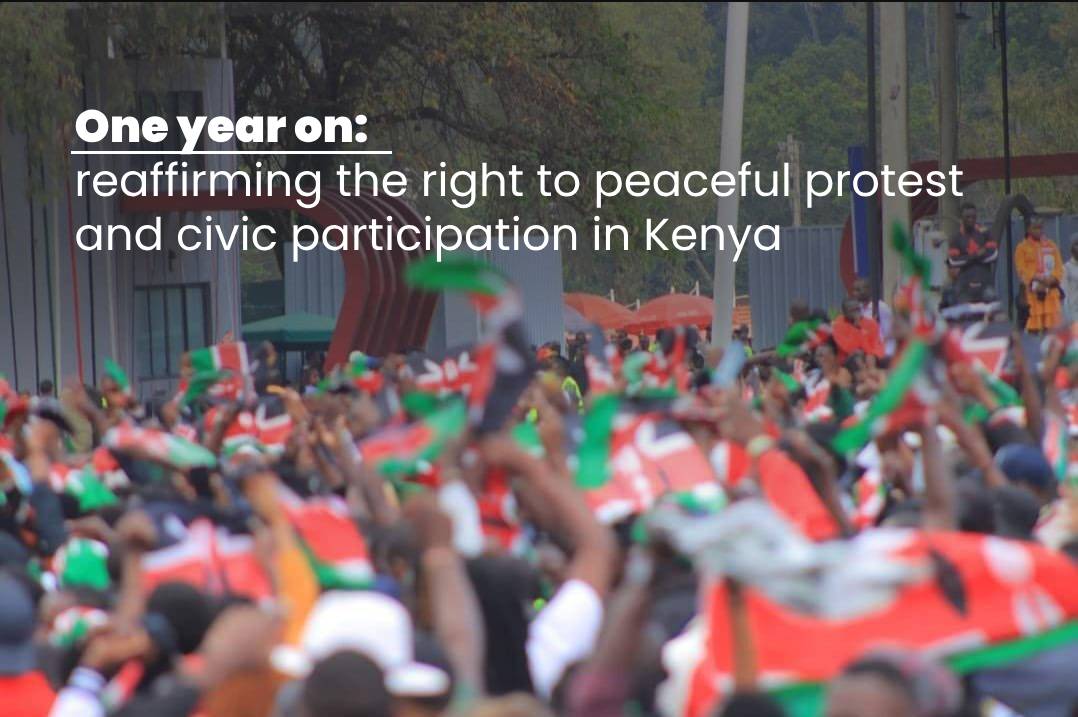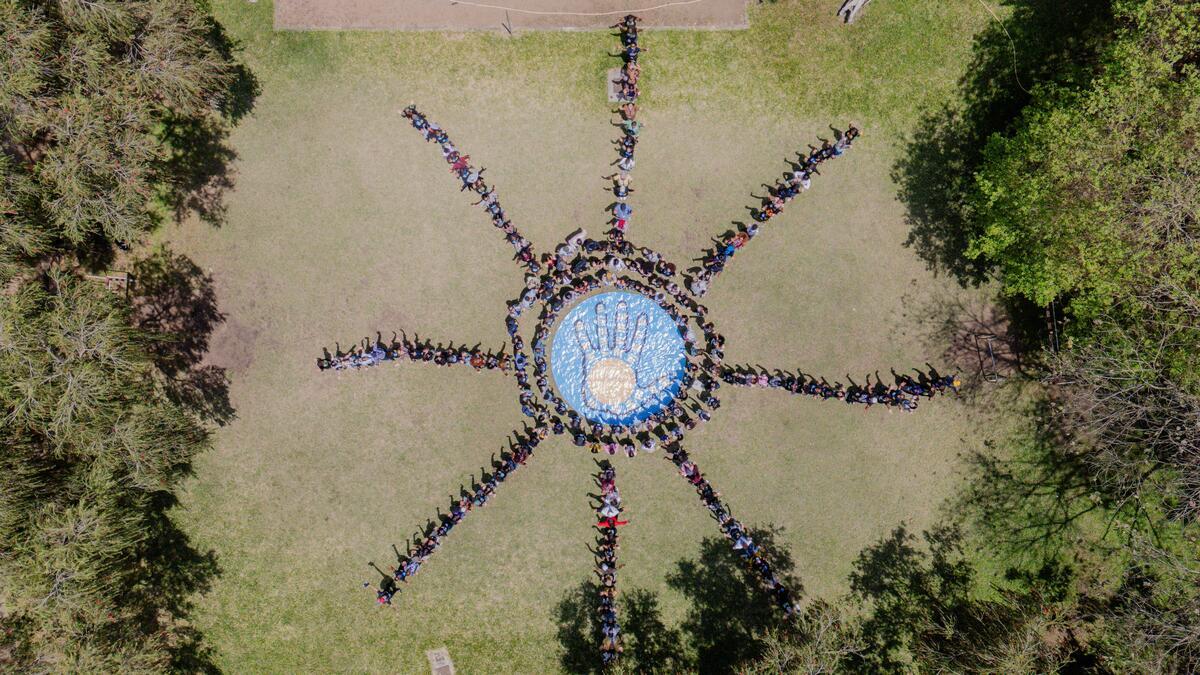As a proud daughter of Africa, raised by a lineage of strong and resourceful women, I watch with profound admiration as women take their rightful place at the forefront of the movement towards a sustainable green economy. Their relentless determination and enduring wisdom are the cornerstones upon which Africa’s communities thrive. As we celebrate International Women’s Day, we must recognize, honor, and invest in the significant role these women play in strengthening and transforming Africa’s food systems.
According to the FAO 2023, women make up well over 50 percent of the agricultural labour force in many subSaharan African countries and they produce about 60-70% of the food in the region. However, women in agriculture face gender-specific barriers, including limited access to land, financing, and other resources. Contarily, instead of standing in the shadows, they are at the table actively shaping conversations and tirelessly dedicating themselves to fight for a sustainable future. This underscores the urgent need for increased women’s leadership in Africa’s agricultural sector right from the community level. Therefore, by elevating women to more leadership roles and breaking down barriers they face, we can capitalize on their invaluable contributions on a larger scale, ensuring a more equitable and resilient food system to the growing climate threats.
Greenpeace Africa’s campaigns from West Africa’s coastal waters to the fertile fields of Kenya, demonstrate a movement where women are not just participants but leaders. They emerge as advocates in the transition towards a sustainable green economy where food sovereignty and environmental preservation converge. As they advocate for sustainable fishing and farming practices, they emphasize a crucial reality- investing in women isn’t merely a moral obligation but also a practical strategy for environmental and social resilience. It is an investment that recognizes women’s rights to equal economic participation while capitalizing on their leadership to achieve outcomes that are more resilient and sustainable across communities.
In Senegal, the dwindling fish stocks continue to not only threaten a primary food source but have also eroded a rich culinary tradition that forms part of the nation’s identity. Women, who have traditionally led the fish processing and marketing, are now finding themselves at the forefront of this crisis. Their empty gourds serve as a powerful reminder- a call to action to safeguard the marine ecosystems that sustain their livelihoods and culture. Investing in the capabilities of these women is pivotal. It addresses immediate poverty concerns and also strengthens the economic resilience of the entire community.
Meet Fatou Samba a fish processor from Bargy, Senegal, for years she has witnessed first-hand the adverse effects of overfishing and unsustainable practices on her community’s way of life. The once vibrant and fish-abundant ocean a vital source of food for her people has grown silent, posing a significant threat to their culinary traditions but also to the foundational aspects of the country’s food security. But Fatou is not one to watch from the sidelines, together with a group of relentless women they spearhead a campaign to draw attention to the community’s ocean crisis.
The current crisis is one of over-exploited and depleted fish stocks and a shift from catching fish for human consumption to producing fishmeal and fish oil for export by a growing number of industries to feed animals in the European Union and Asia, while the people of Africa need this fish to feed themselves.. These violate governments’ commitments to international fisheries management instruments and major international commitments such as the United Nations Sustainable Development Goals.
Fatou represents the struggle and hope of her community. Together with her fellow women, they
continue to call for urgent action to reduce the intensity of fishing in the region to environmentally sustainable levels and ensure that it first and foremost meets the food security and livelihood needs of local populations and fishing communities. Fatou’s leadership represents the intersection of environmental advocacy and the promotion of a green economy, showing how investment in sustainable fishing practices is an investment that prioritizes the health of the community and its surrounding environment. Through her activism, she’s not only safeguarding the traditions and survival of her community but also fortifying a movement that upholds the essence of a care-driven society.
Across the continent, in Kenya, small-scale women farmers much like their counterparts in Senegal, are the backbone of sustainable food systems. Assertively upholding their rights and access to indigenous seeds, standing up to the laws that aim to erode their ancestral practices and jeopardize food security for future generations. Among them stands Veronica Kiboino, a determined and resilient activist from Baringo County. Like Fatou, she is a testament to the enduring spirit of women who, against the influence of multinational companies, champion the cause of food sovereignty.
Veronica is one of the petitioners who have courageously taken the Kenyan government to court, challenging a 2012 seed law that disproportionately affects small-scale farmers. They are sending a clear message to the government that smallholder farmers will not relent until the government amends these neo-colonial laws that give free leeway for big multinationals and profit-driven entities to pirate local resources and exercise control over smallholder farmers.
Veronica’s struggle resonates deeply with the tale of Fatou Samba in Senegal, showing the powerful role of feminist change-makers in our communities. They are not just safeguarding agricultural traditions but are actively shaping the laws and policies to foster a sustainable future. Their voices resonate with the traditions and resilience of African farming communities, resisting the encroachment of profit-driven interests that threaten to uproot centuries-old practices. The experiences and contributions of these women, integral to the structure of Africa’s food systems, serve as strong evidence of the impact that grassroots activism and collaborative efforts can have in driving meaningful change.
Supporting change-makers like Veronica and Fatou requires both the recognition of their rights and meaningful investment in their initiatives, ensuring they have the necessary resources to sustain their advocacy. Such support is instrumental in not only empowering these women but also in driving meaningful change that benefits not only the immediate community but also contributes to a larger blueprint for global environmental health.
By amplifying the success of these women and replicating their sustainable models, we can tackle the austerity measures that endanger public spending and undermine the progress of women in public services and social protection. Furthermore, by transitioning towards a green economy and prioritizing societal care, we can address the current economic structures that exacerbate poverty, inequality, and environmental degradation—issues that disproportionately impact women and marginalized groups.
On this International Women’s Day, let us draw inspiration from the women of Senegal and Kenya, especially as the world grapples with climate change, biodiversity loss, and food insecurity. Let us recognize that true progress lies not in the pursuit of profit, but in the cultivation of resilience, of our global food systems. In solidarity with these women, we must lend our voices to their cause, advocating for sustainable practices and policies that safeguard our collective future. Whether it’s through supporting local sustainable fisheries and farms, advocating for policy changes, or simply raising awareness about these critical issues, each action contributes to a larger movement towards a greener, more equitable world.



